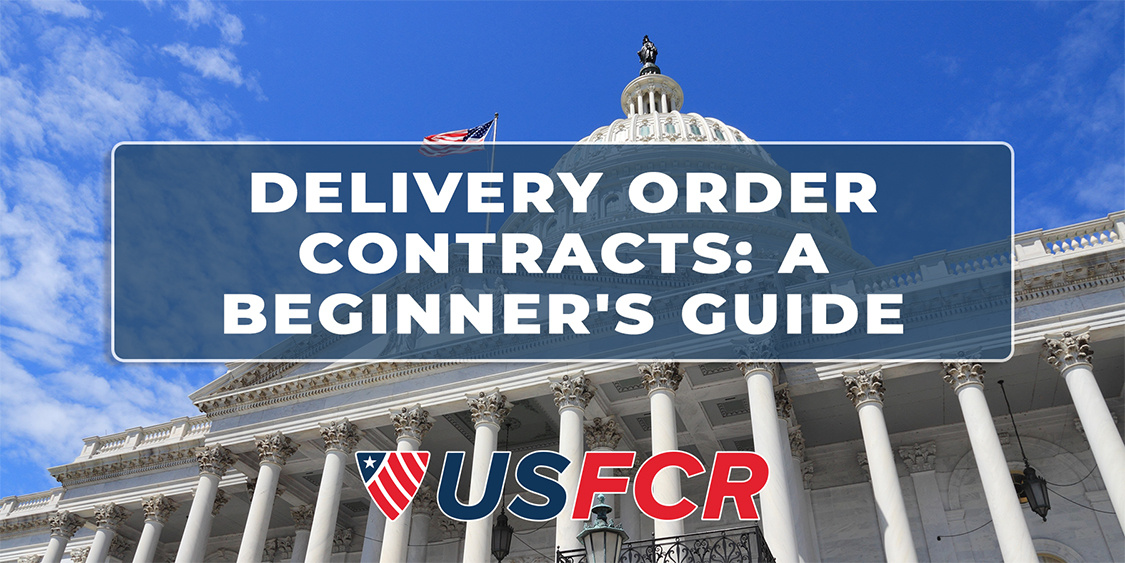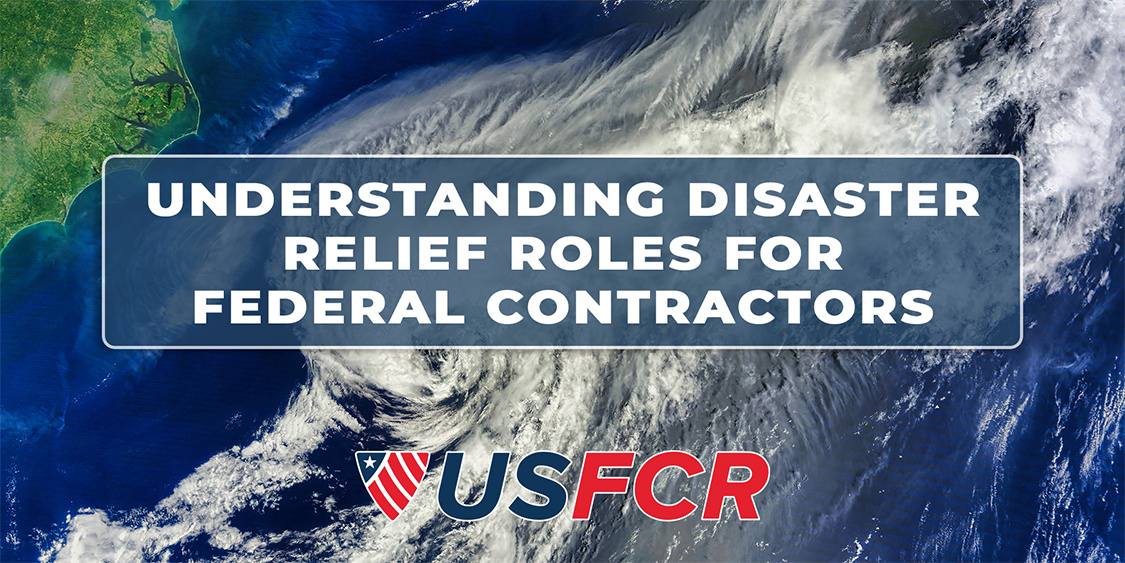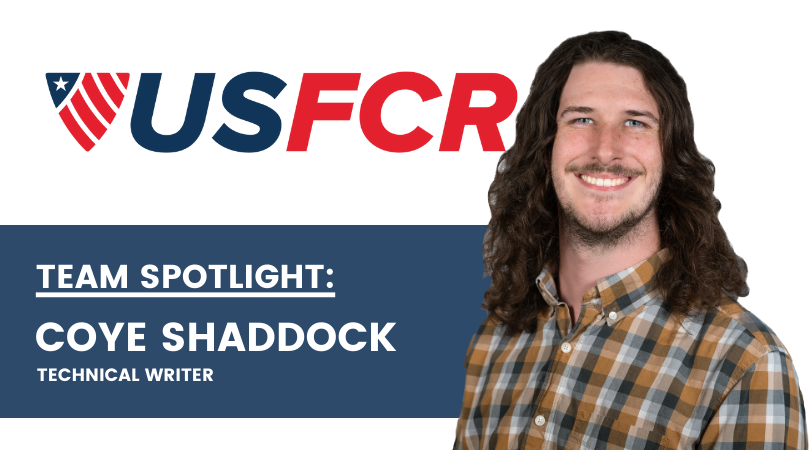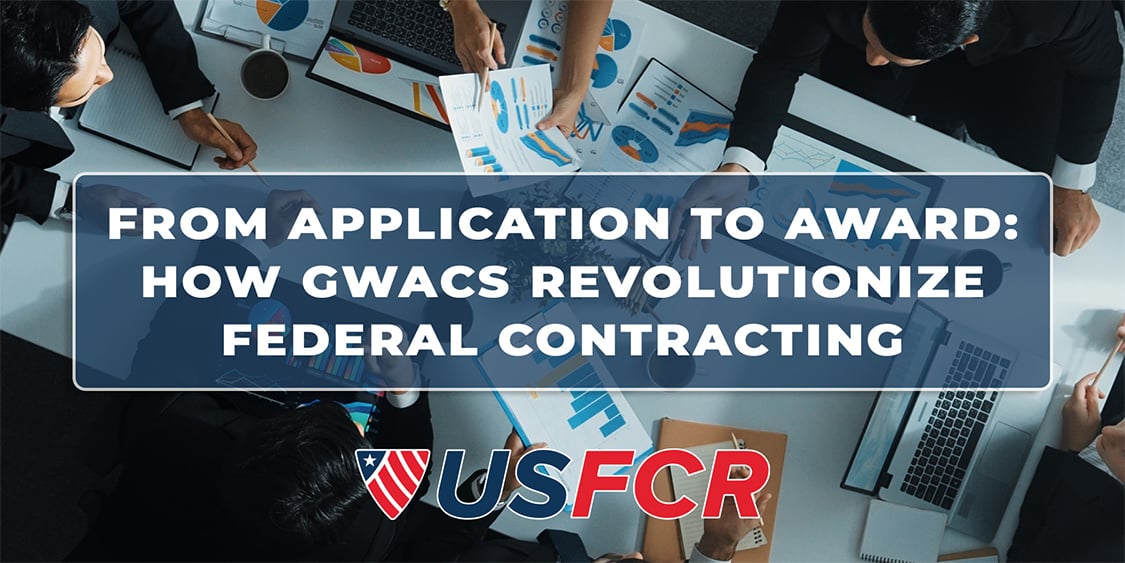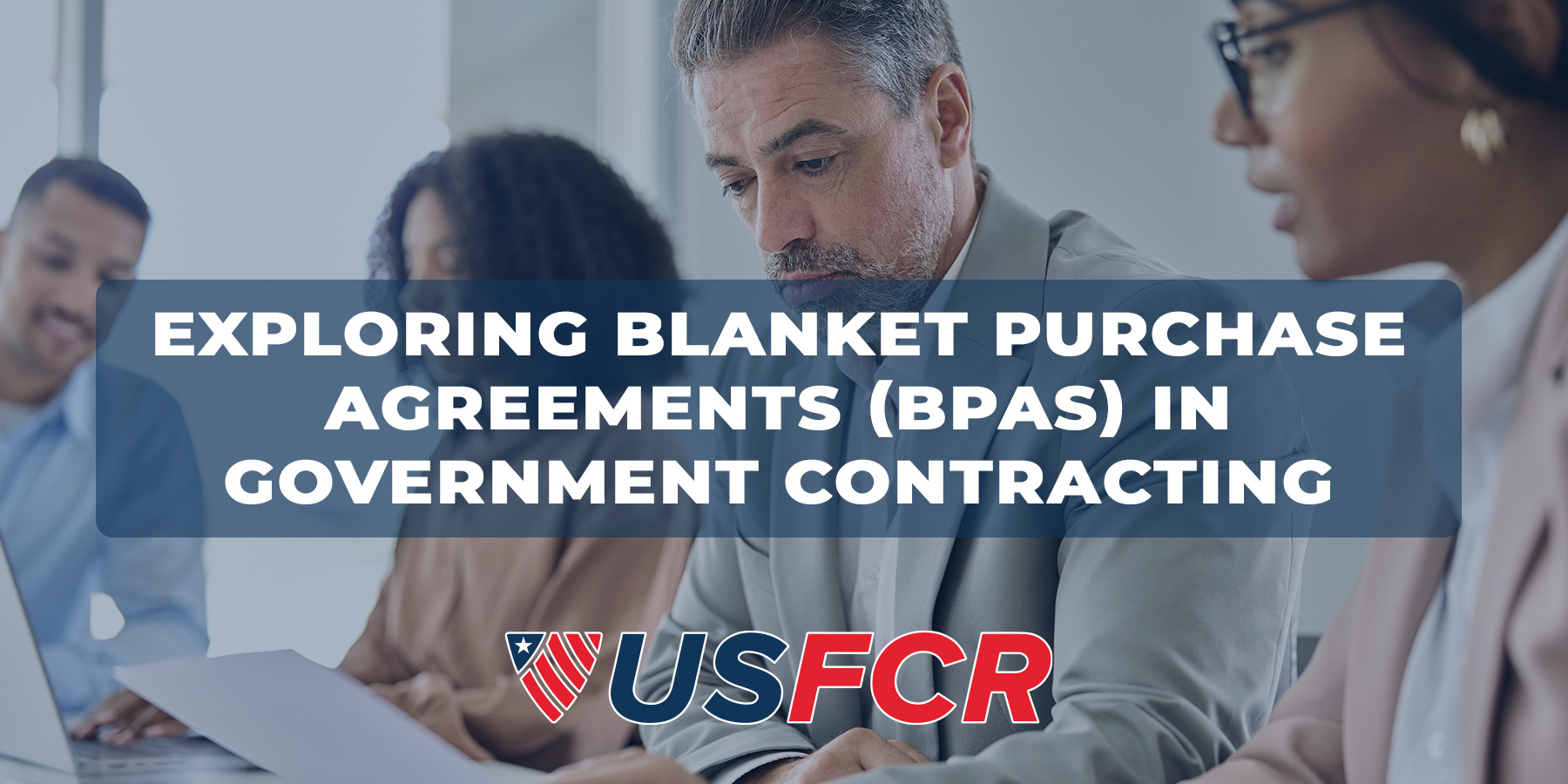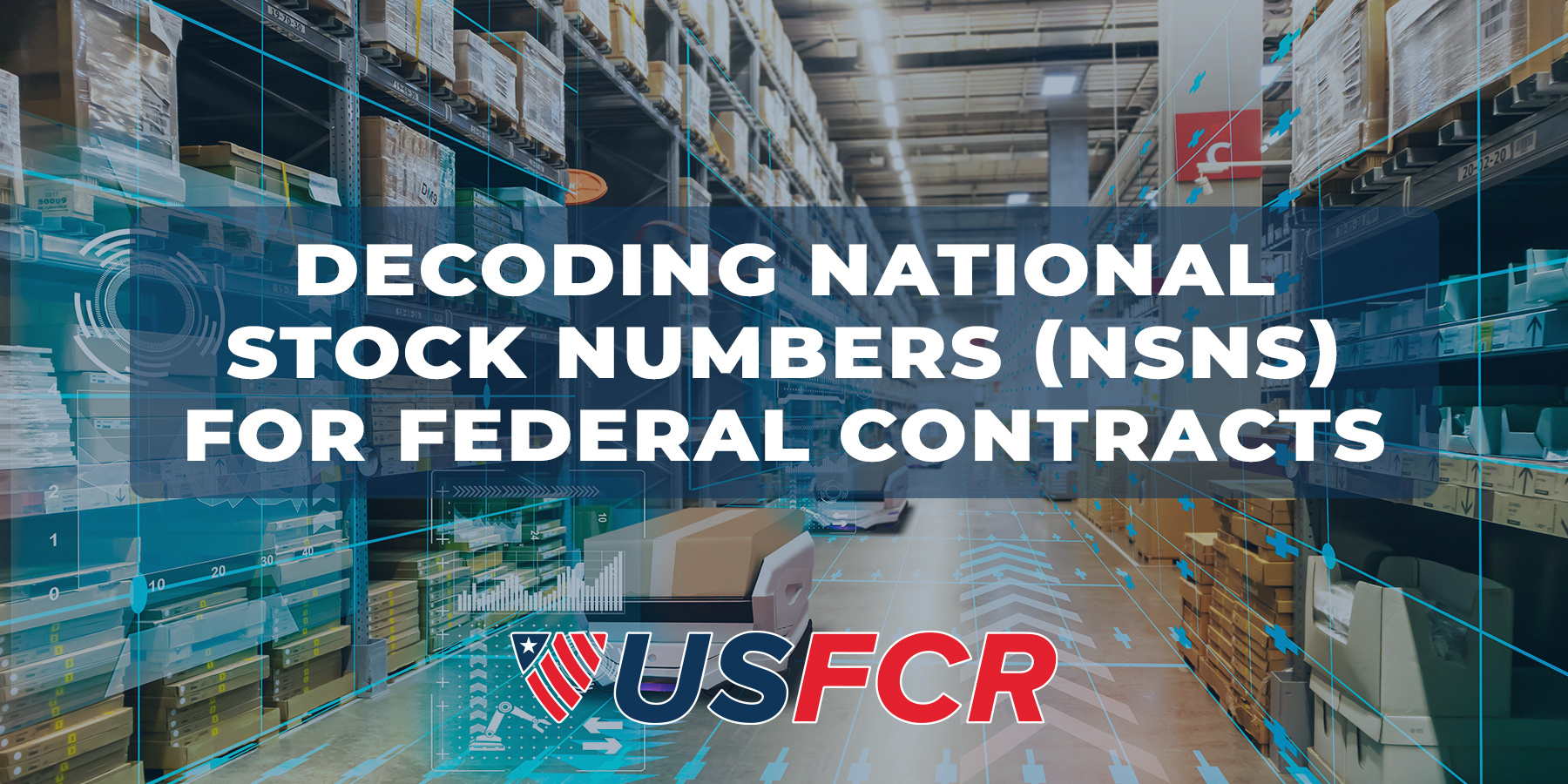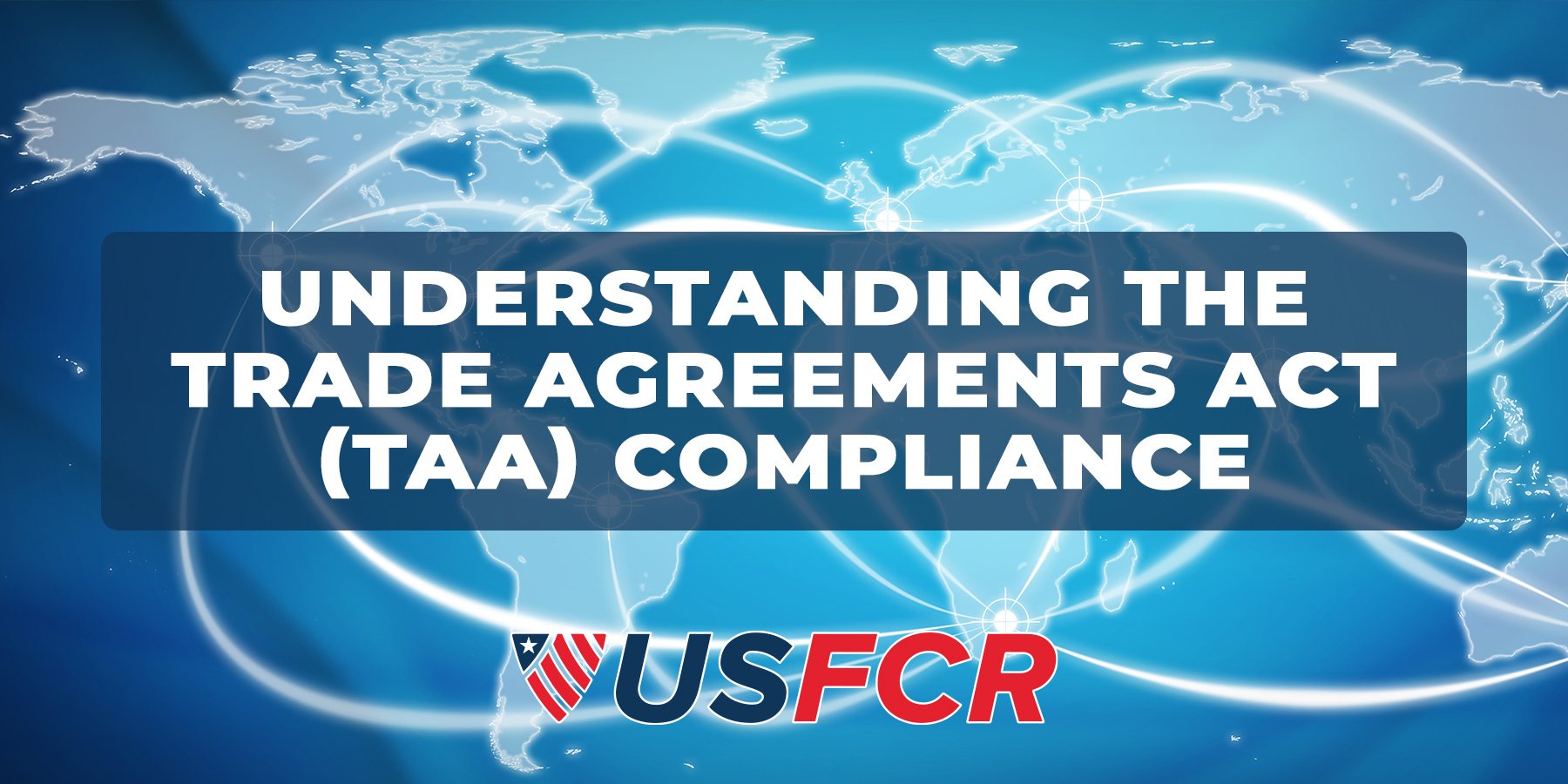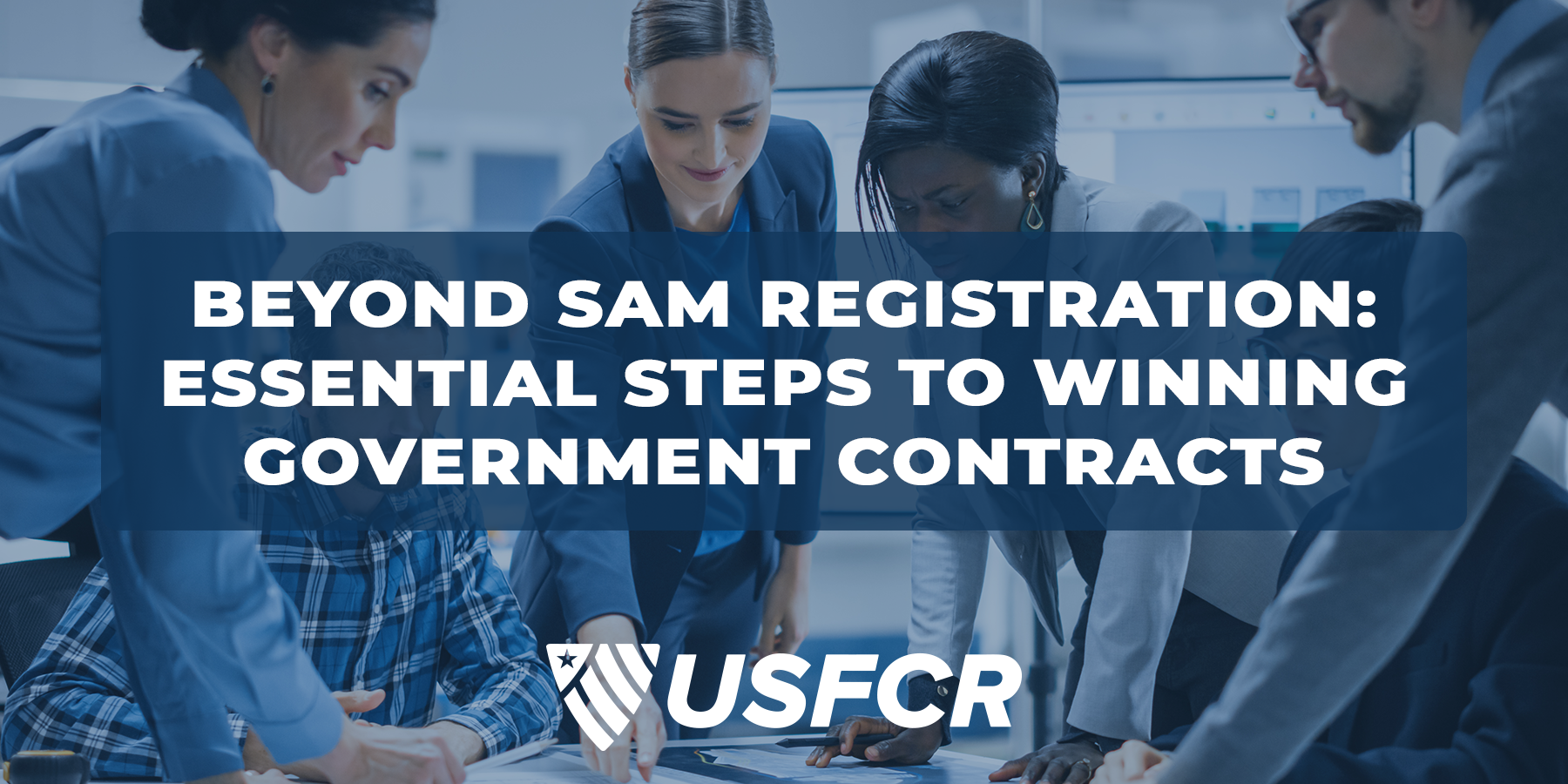Federal procurement is often a complex and lengthy process, typically taking up to 12 months to secure contracts. Delivery Order Contracts (DOCs) provide a streamlined solution, enabling government agencies to efficiently acquire products and services while offering contractors a steady flow of business opportunities. Understanding how DOCs work can uncover new potential in federal contracting.
Key Benefits at a Glance
USFCR
Recent Posts
Navigating federal procurement can be complex and time-consuming. Basic Ordering Agreements (BOAs) offer a solution by streamlining the acquisition process. By understanding BOAs, businesses can efficiently tap into federal opportunities while agencies benefit from simplified procurement.
Navigating Disaster Relief for Hurricane Debby: A Breakdown of Essential Roles and Federal Contractor Opportunities
As Hurricane Debby continues to impact the Southeast, the scale of the disaster underscores the critical need for coordinated relief efforts. This storm, marked by historic rainfall, catastrophic flooding, and widespread power outages, has left a trail of destruction from Florida to the Carolinas and beyond. In the face of such immense challenges, the roles within a disaster relief declaration are multifaceted and essential. Here’s a detailed look at the various jobs involved in disaster relief and why federal contractors are vital in these efforts.
Coye Shaddock joined US Federal Contractor Registration (USFCR) in June 2023 as a Technical Writer. With a strong educational background from Tallahassee Community College and practical experience in various customer-focused roles, Coye brings a fresh perspective to the team. His certification in Google Project Management further enhances his ability to manage projects effectively and deliver high-quality documentation.
Did you know the average time to secure a federal contract can take up to 12 months? Government-Wide Acquisition Contracts (GWACs) can significantly reduce this timeframe, offering a streamlined path to success. By leveraging GWACs, businesses can gain access to a broader market while government agencies benefit from efficient and cost-effective purchasing.
Key Benefits at a Glance
For Government Agencies:
- Simplified procurement process
- Access to pre-vetted contractors
- Cost savings and efficiency
For Contractors:
- Increased market access
- Steady revenue opportunities
- Reduced administrative burden
How Indefinite Delivery/Indefinite Quantity (IDIQ) Contracts Benefit Government Contractors
Indefinite Delivery/Indefinite Quantity (IDIQ) contracts offer a flexible and efficient way for government agencies to procure goods and services while providing contractors with a steady stream of work. These contracts are designed for projects where exact quantities and delivery schedules cannot be determined in advance, making them ideal for long-term procurement needs.
In federal contracting, efficient and flexible procurement processes are essential. Blanket Purchase Agreements (BPAs) are a key tool that helps achieve these goals. Understanding BPAs can offer businesses significant advantages in navigating government contracts.
Efficient procurement is essential in federal contracting. One key tool that ensures this efficiency is the National Stock Number (NSN). By understanding NSNs, businesses can streamline their procurement processes and gain a competitive edge in federal contracts.
What Are National Stock Numbers (NSNs)?
National Stock Numbers (NSNs) are standardized 13-digit codes used by the federal government to identify and catalog items.
For instance, an NSN might look like this: 1234-00-567-8901.
Each segment of this number provides specific information about the item. An NSN ensures precise identification and includes the following parts:
- 1234 - Federal Supply Group (FSG): Indicates the broad category of the item.
- 00 - Federal Supply Class (FSC): Further classifies the item within the FSG.
- 567 - National Item Identification Number (NIIN): A unique identifier for the item
- 8901 - Check Digit: Used for error checking to ensure the accuracy of the NSN.
TAA compliance mistakes can cost contractors valuable awards, often without warning. The Trade Agreements Act sets strict rules on where products and components can come from when selling to the U.S. government. After helping thousands of businesses prepare compliant bids, we’ve found that most issues happen because contractors don’t fully understand how the law is applied in practice. This article breaks down what the Trade Agreements Act means, the core requirements you must meet, and how to avoid the common mistakes that can get your offer rejected.
Registering in the System for Award Management (SAM) is a vital first step for businesses aiming to secure federal contracts. However, SAM registration alone is not enough to guarantee success. To effectively compete in the federal marketplace, businesses must take additional steps. This blog will guide you through essential actions to take after SAM registration, including understanding NAICS codes, finding contract opportunities, and building a compelling proposal.
